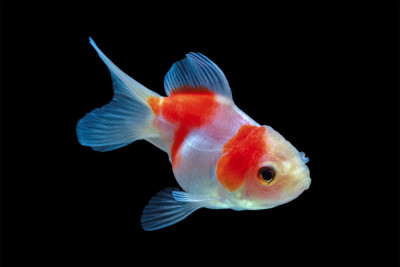-
Time Commitment
One of the most important factors to consider is the amount of time you can dedicate to your pet. Some animals, like dogs, require a substantial time commitment. They need daily exercise, social interaction, and training. If you have a busy schedule that doesn't allow for regular walks and playtime, a dog might not be the best choice for you. On the other hand, cats, small rodents, and fish are generally lower-maintenance and can be more suitable for individuals with hectic lives.
-
Space
The amount of space you have in your home should also influence your choice of a pet. Larger animals, such as dogs, often require more space to roam and play. If you live in a small apartment with limited outdoor access, consider smaller dog breeds or cats. Alternatively, some pets, like reptiles or birds, don't require as much physical space but may need specialized enclosures or cages.
-
Allergies
Pet allergies can be a significant concern for some individuals. If you or someone in your household is allergic to pet dander, it's crucial to research hypoallergenic breeds or consider alternative pets like reptiles, fish, or amphibians that are less likely to trigger allergies.
- Energy
Level
Your own energy level and activity preferences should align with those of your chosen pet. If you're an active person who enjoys outdoor activities, a high-energy dog breed may be an excellent match. However, if you prefer a more laid-back lifestyle, a low-energy dog or a cat may be a better fit. Understanding the energy needs of your pet is essential to ensure a harmonious coexistence.
-
Family Dynamics
Consider the dynamics of your family when choosing a pet. Some pets are better suited for households with children, while others may not be as tolerant of young kids. Additionally, if you have other pets at home, think about how your new pet will interact with them. Always introduce new animals to your existing pets gradually and under supervision.
-
Financial Responsibility
Owning a pet comes with financial responsibilities, including food, grooming, veterinary care, and other essentials. Different animals have varying costs associated with their care. For example, dogs can be more expensive due to vaccinations, regular check-ups, and grooming, while smaller animals like hamsters or fish may have lower ongoing costs.
-
Lifespan
Consider the lifespan of the pet you're interested in. Dogs and cats generally live for a decade or more, while smaller animals like rodents or reptiles may have shorter lifespans. Be prepared for the long-term commitment that comes with pet ownership, and ensure you can provide care for the entirety of your pet's life.
Conclusion
Choosing the right pet for your lifestyle is a decision that requires careful consideration. By assessing factors like time commitment, space, allergies, energy level, family dynamics, financial responsibility, and lifespan, you can make an informed choice that benefits both you and your future furry, feathered, or scaly companion. Remember that every pet is unique, and it's essential to research and get to know the specific needs of the breed or species you're interested in before making a decision. With the right pet for your lifestyle, you can enjoy a fulfilling and lasting bond with your new companion.








